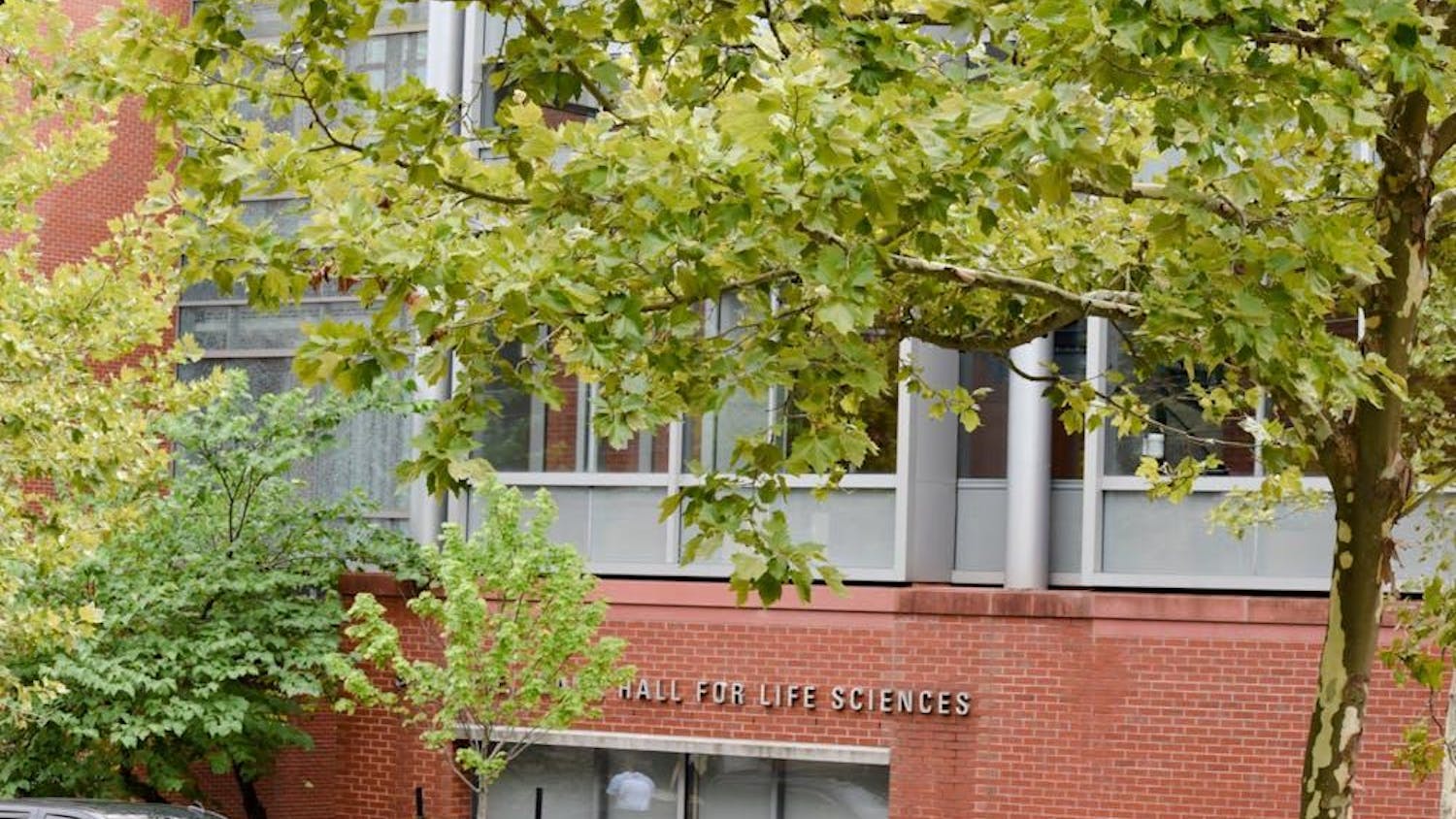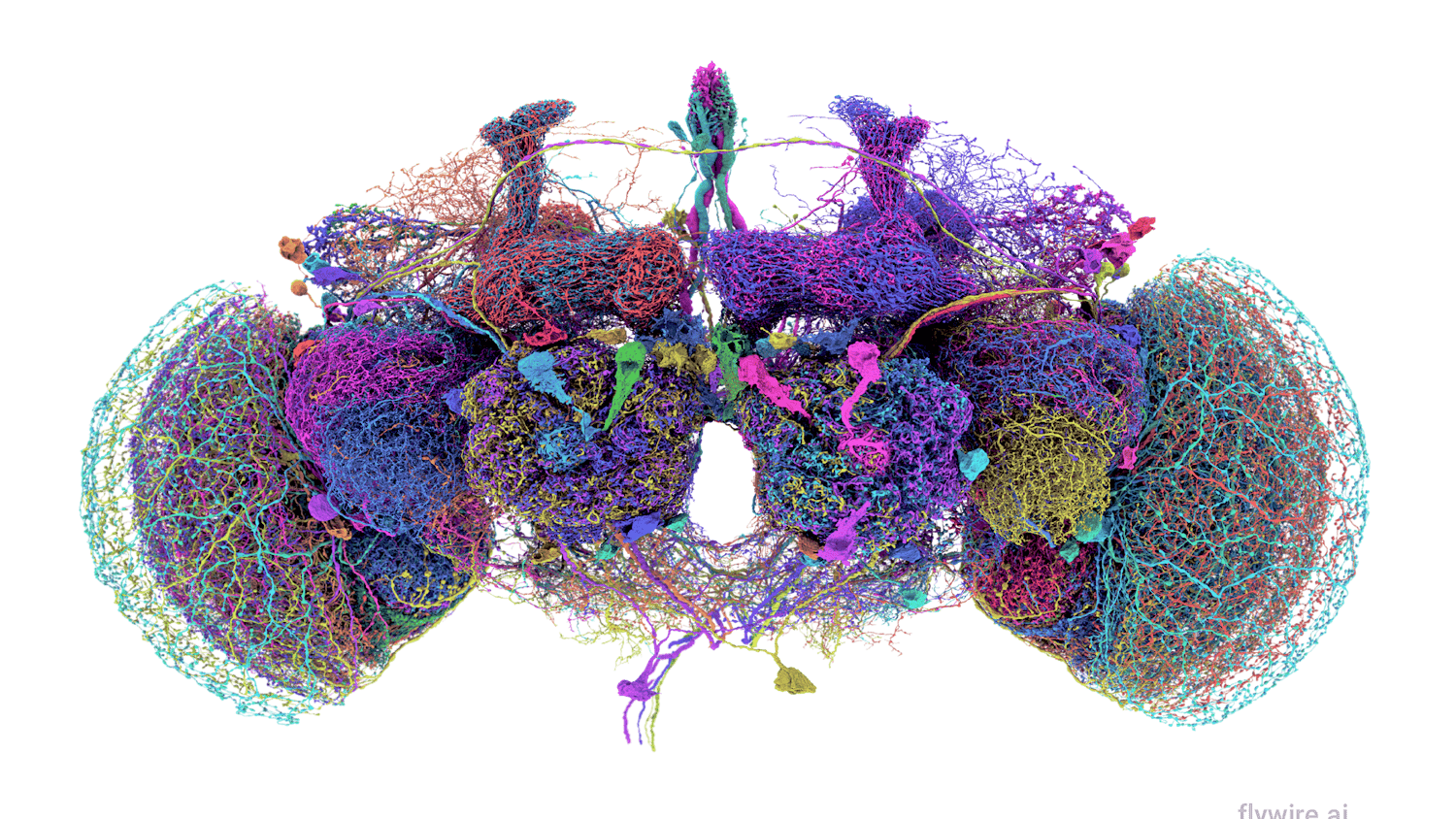U.S. Sen. Jack Reed, D-R.I., toured the University's Superfund Research Program facility Monday. With 14 research groups nationwide, the Superfund program focuses on developing ways to clean up environmental damage. The University's facility is headquartered at the Laboratories for Molecular Medicine in the Jewelry District.
Though much of American industry grew out of the New England area, "people didn't appreciate the fact that things that were being dumped into rivers, streams and landfills were toxic," said Provost Mark Schlissel P'15. As a society, we have to think of "how to clean this stuff up so it doesn't cause disease and disability in people," he said.
The University's program has been in place since 2005 and plans to submit an application for an additional five years of funding. "It's extremely competitive across the country," said Kim Boekelheide, professor of medical science and director of the program. Monday's visit was an opportunity for the University's program to undergo self-examination and put together a competitive renewal, he said.
"In part, this was a celebration of our program," Boekelheide said. "It was also a thanking of Jack Reed for his continuing support."
Reed is chair of the Subcommittee on the Interior, Environment and Related Agencies of the Senate Appropriations Committee and is responsible for overseeing the national funding of Superfund Research Programs.
The University's facility specifically works on conducting research on noxious gases that can get trapped inside buildings and pose hazardous risks to humans. Facility researchers also study the toxicity of nanomaterials in consumer products and the effects of dangerous chemicals on human reproduction, fertility and fetal development, Schlissel said.
Another important aspect of the University's program is community outreach, said Phil Brown, professor of sociology and environmental studies and director of the Superfund's Community Engagement Core. Efforts include establishing the Community Environmental College, a summer program where high school students can tour landfills and government sites as well as learn about topics like food justice and environmental leadership. Initiatives include convincing grocery stores to bring in healthier foods and using vegetable oil for fuel.
"Brown is a hotspot for environmental science research," Brown said.
In Monday's visit, Reed was accompanied by government officials, including Gwen Collman, director of extramural research and training at the National Institute of Environmental Health Sciences, Curt Spalding, New England regional administrator from the United States Environmental Protection Agency, Michael Fine, director of the Rhode Island Department of Health, and Janet Coit, director of the Rhode Island Department of Environmental Management.
"My impression is that they were very impressed by the work we do, recognize the value of cooperation we offer, value of the science and the fact that we're an available resource for expertise and advice on very difficult issues they face," Boekelheide said.
"They got to see a high level of excitement and how many millions of dollars and jobs we bring in to Rhode Island," Brown said. The facility has brought in $43 million in funding to the state and supported 45 jobs, according to a University press release.




